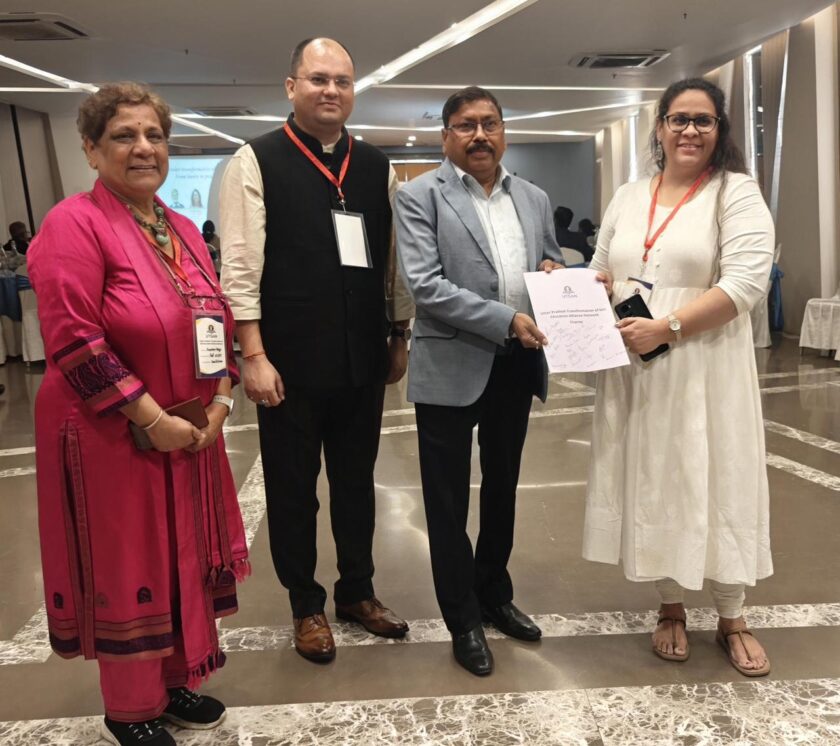New Delhi: In an inspiring tale of compassion and innovation, a Class 11 student has developed an assistive technology to aid visually impaired individuals, winning hearts and accolades alike. The invention, created using low-cost components and open-source software, aims to make everyday navigation easier and safer for the blind.
Driven by a deep sense of social responsibility, the student—whose identity is being kept anonymous due to age—used basic sensors, vibration motors, and audio feedback systems to build a wearable device that can detect obstacles and alert the user in real time. The project, originally designed for a school science fair, has now caught the attention of local NGOs and tech experts working in the disability sector.
Parallel Efforts to Bridge Skill Gaps in Marginalized Youth
This story of youthful brilliance comes at a time when broader initiatives are also being rolled out to address inequality through technology. The Nasscom Foundation, in collaboration with nine forward-thinking tech SMEs, launched a new initiative to bridge the skill and employment gap among marginalized youth across India.
According to the Global Skills Gap Survey, over 92% of Indian professionals believe that the country is facing a serious skills deficit. The Nasscom initiative aims to train 150 underprivileged youth across Delhi-NCR, Trivandrum, and Pune, in emerging technologies such as data analytics and Java full stack development, along with soft skill development and job-readiness training.
Building a Future with Equity and Inclusion
Jyoti Sharma, CEO of the Nasscom Foundation, emphasized the program’s vision:

“By uniting nine forward-thinking digital SMEs in one cohort, we are enabling companies to embrace inclusive and responsible development while also giving young minds future-ready skills. Together, we are building a scalable model that changes lives, promotes equity, and ensures that technology becomes a force for sustainable progress.”
The initiative also aims to address the challenges faced by SMEs in implementing effective Corporate Social Responsibility (CSR) practices. From limited funding and complex compliance requirements to a lack of CSR knowledge, many SMEs struggle to make a tangible impact. This joint CSR platform aims to alleviate those burdens while creating collective impact and fostering a shared sense of purpose and responsibility.
Gender Inclusion at the Core
The project will be executed through SME training partners using a hybrid model—80% physical and 20% virtual. Significantly, 60% of the beneficiaries are expected to be women, reinforcing the initiative’s strong commitment to gender equality, diversity, and inclusion.









